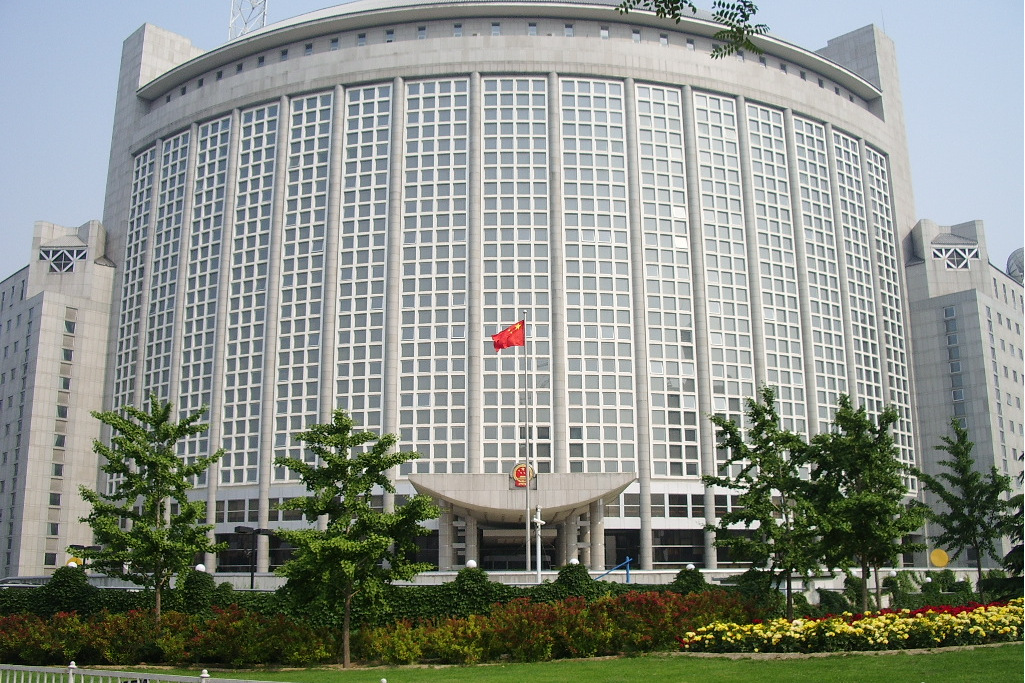
It is invalid under Chinese law.
Service by international mail or e-mail or fax is an invalid service pursuant to Chinese law. Where a foreign court issues a judgment based on this type of service, if this foreign judgment requires recognition and enforcement in China, such service of process will be regarded as a procedural defect, and hence the judgment would not be recognized and enforced by Chinese courts. The parties should explain the Chinese law to the foreign court in a timely manner, and request for service of process through the channels stipulated in the treaty (e.g., Hague Service Convention, bilateral judicial assistance treaties).
Source: Ministry of Justice of the People’s Republic of China, Frequently Asked Questions and Answers on International Judicial Assistance in Civil and Commercial Matters (国际民商事司法协助常见问题解答), 24 June 2022.
* * *
Do you need support in cross-border trade and debt collection?
CJO Global's team can provide you with China-related cross-border trade risk management and debt collection services, including:
(1) Trade Dispute Resolution
(2) Debt Collection
(3) Judgments and Awards Collection
(4) Bankruptcy & Restructuring
(5) Company Verification and Due Diligence
(6) Trade Contract Drafting and Review
If you need our services, or if you wish to share your story, you can contact our Client Manager Susan Li (susan.li@yuanddu.com).
If you want to know more about CJO Global, please click here.
If you want to know more about CJO Global services, please click here.
If you wish to read more CJO Global posts, please click here.
Photo by Liam Truong on Unsplash
Contributors: Meng Yu 余萌









